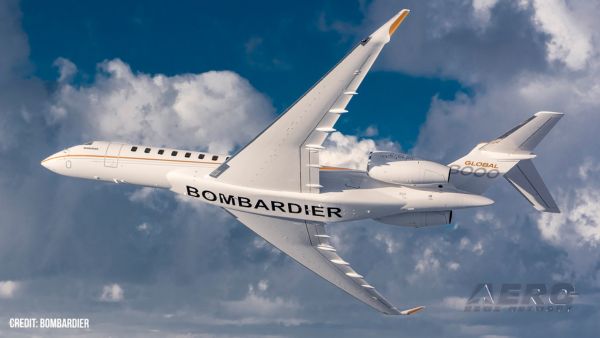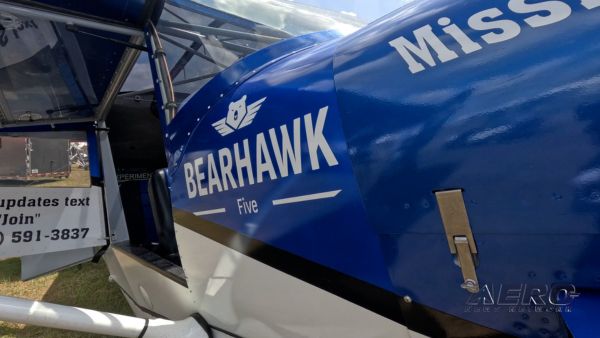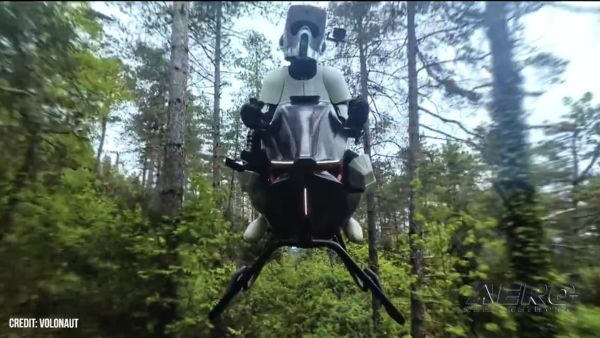Lawsuit Implies 'John Doe' Witnesses Should Be Added
To Litigation
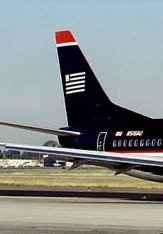 Several members of the legal
community are concerned a lawsuit filed by six Muslim imams who
were taken off a US Airways flight last fall, after passengers
complained of their behavior, could prevent others from stepping
forward if they view behavior they consider suspicious.
Several members of the legal
community are concerned a lawsuit filed by six Muslim imams who
were taken off a US Airways flight last fall, after passengers
complained of their behavior, could prevent others from stepping
forward if they view behavior they consider suspicious.
As ANN reported last month,
the lawsuit demands unspecified damages from US Airways and the
Metropolitan Airports Commission. But their suit includes other
defendants, as yet unnamed. These people, unaffiliated with the
airline industry or government, are among the imams' most
vulnerable targets.
The most alarming aspect of the imams' suit is buried, several
paragraphs down. It describes "John Doe" defendants whose identity
the imams' attorneys are still investigating. It reads: "Defendants
'John Does' were passengers ... who contacted US Airways to report
the alleged 'suspicious' behavior of Plaintiffs' performing their
prayer at the airport terminal," according to media reports.
Later the suit adds: "Plaintiffs will seek leave to amend this
Complaint to allege true names, capacities, and circumstances
supporting [these defendants'] liability ... at such time as
Plaintiffs ascertain the same."
In plain English, the imams plan to sue the "John Does,"
too.
Who are these John Does? According to the complaint they are
described as "an older couple who was sitting [near one of the
imams] and purposely turn[ed] around to watch" as they prayed. "The
gentleman ('John Doe') in the couple ... picked up his cellular
phone and made a phone call while watching the Plaintiffs pray,"
then "moved to a corner" and "kept talking into his cellular
phone."
In retribution for this action, the unnamed couple will be
brought into court soon and face the prospect of paying huge legal
bills for what they thought was the right thing to do. The same
fate could await other as-yet-unnamed passengers on the US Airways
flight who came forward as witnesses.
These "John Does" are called "first responders" against
terrorism. But the imams' suit may frighten such individuals into
silence, as they seek to avoid the nightmare of being labeled
bigots and named as defendants in civil law suits.
"When you drive up the road towards the airport, there's a big
road sign that says, 'Report suspicious behavior,'" said Gerry
Nolting, a Minneapolis lawyer.
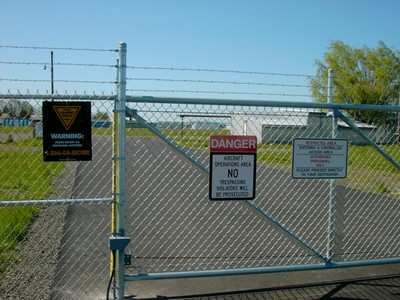
"There's no disclaimer that adds, 'But beware if you do that,
you might get sued.'"
As ANN reported last fall,
six Muslim men were removed from an US Airways flight from
Minneapolis to Phoenix. They reportedly were returning from an
Islamic cleric's conference.
Flight 300 was still at the gate when the men were asked to step
off the plane to speak with officials. Passengers said the men had
been "praying loudly in the gate area. Some were heard to be making
statements against the US involvement in Iraq," said Pat Hogan,
spokesman for the airport, to Bloomberg.
When the men boarded the plane, they also reportedly demanded to
change seats and asked for safety-belt extensions, which they then
put under their seats.
Several of the men repeatedly said "Allah" as they boarded,
Hogan said, and one was overheard saying he would "go to whatever
measures necessary to obey all that is set out in the Koran."
All six imams -- or prayer leaders -- were questioned by the
Secret Service, FBI and US Marshal's Office. They were later
released.
Ellen Howe, a spokesperson for the TSA, would not comment
specifically on the lawsuit, but she did say the agency counts on
the flying public to aid them in doing their job.
 Aero-News: Quote of the Day (05.20.25)
Aero-News: Quote of the Day (05.20.25) ANN's Daily Aero-Term (05.20.25): Handoff
ANN's Daily Aero-Term (05.20.25): Handoff ANN's Daily Aero-Linx (05.20.25)
ANN's Daily Aero-Linx (05.20.25) Airborne-NextGen 05.20.25: Drone Regs, Zero-Emission Cargo, Door-Dash Drone
Airborne-NextGen 05.20.25: Drone Regs, Zero-Emission Cargo, Door-Dash Drone Airborne 05.19.25: Kolb v Tornados, Philippine Mars, Blackhawk Antler Theft
Airborne 05.19.25: Kolb v Tornados, Philippine Mars, Blackhawk Antler Theft


